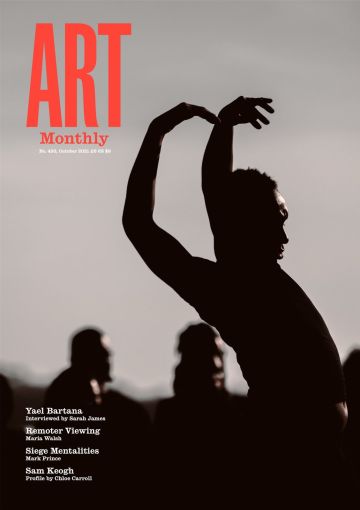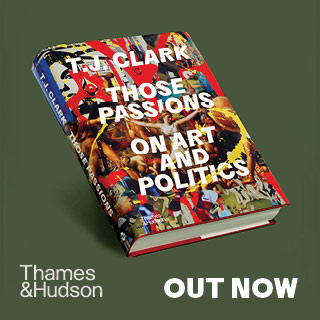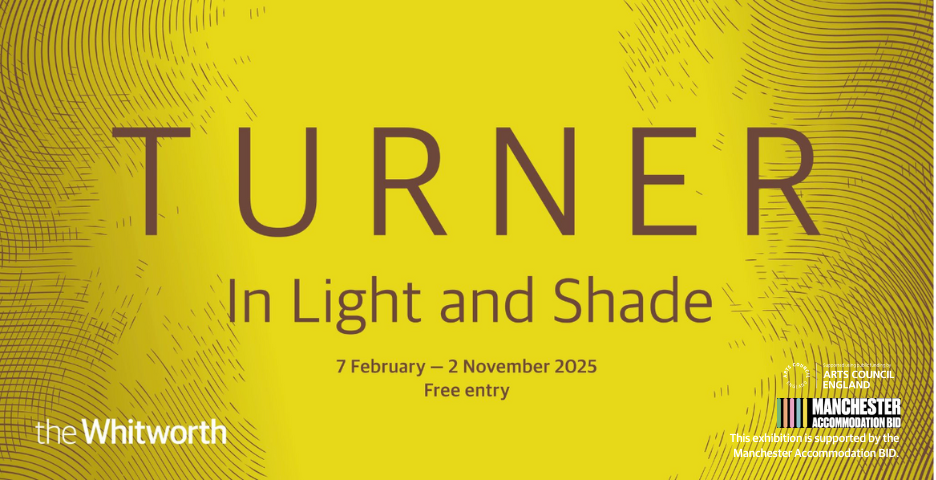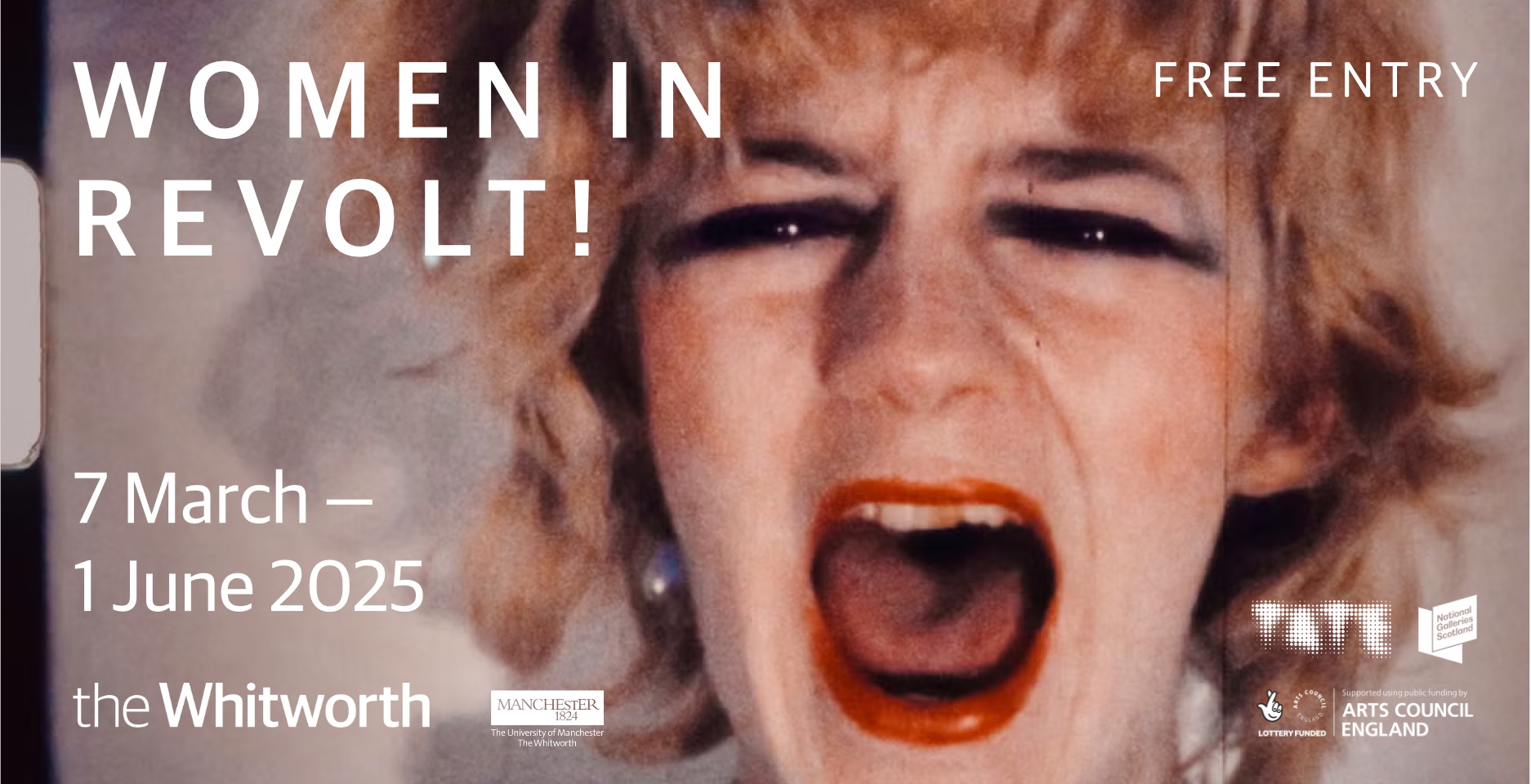Review
Trouble In Outer Heaven: Portable Ops Plus
Martin Herbert stalks through a chilling alternative sci-fi realm that is nevertheless eerily familiar
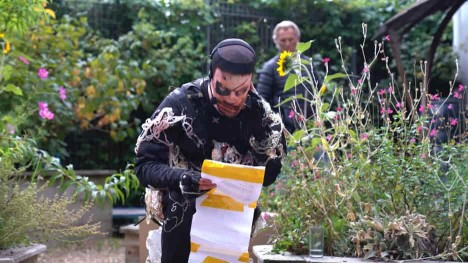
Sam Keogh, I Won’t Scatter Your Ashes to the Heartless Sea, 2021
The title of this seven-artist group show is a shibboleth of sorts. If its phrasing doesn’t ring any bells, here’s some assistance: ‘Outer Heaven’ is the name of the maritime, libertarian separatist state, with strong parallels to Seasteading, that the main character of the long-running Metal Gear videogame franchise wants to establish for mercenaries and disillusioned, exploited soldiers. ‘Portable Ops Plus’, meanwhile, was the subtitle of a 2007 spin-off of one of the games, produced 20 years into the series’ wildly successful run. (If you knew all that, then as you were.) A group show based on videogames – one that ranges from sculpture to audio work to installation to video – might seem a logical idea right now, given that not a few of us spent a year and a half of confinement immersing ourselves in them. On the other hand, gaming per se has accrued a chequered reputation in recent times: not only due to increased awareness of the military-entertainment complex, that mutually beneficial accord between the real-world architects of chaotic wars and the makers of violent games that normalise them, but also because the gaming community serves in part as a notorious hotbed for misogyny and the ‘alt-right’ (which has memed Metal Gear’s anti-hero, known as Big Boss among other pseudonyms, to oblivion and back).
The organiser, writer, curator, publisher (and AM contributor) of ‘Trouble in Outer Heaven’, Jamie Sutcliffe, is an avid gamer and, as is clarified by his own contribution, Vocal Cord Parasite, 2021 – an informative diptych of essays offered as a giveaway folded poster, with glyphic graphics by Hardeep Pandhal – he’s alert to the shifting dynamics attendant on gaming, its intermingling of good and bad. ‘Trouble...’, a Metal Gear expanded universe fabricated by artist-aficionados, is at once a judicious reclamation project and an unclouded sociocultural diagnosis. If insular and noncommunicative nerdiness is a constant peril here, the artists tend to use the game as a launchpad, not infrequently landing amid the unease of post-Brexit Britain. The aforementioned Pandhal, collaborating with animator Adam Sinclair and several musicians, offers Riddles on Back Street, 2021, a video suggesting an early-2000s driving simulator updated for the precariat. As an Uber Eats delivery bag overflows with fries and nuggets on the backseat, the front wheel is alternatingly gripped by disembodied human arms and tentacles as cars career all over the highway ahead and an overlaid state-of-the-nation rap addresses racism, threats of deportation and the monolithic category of BAME. Life, here, is an endless, deadlocking game in which ‘the only way you can win ... is not to play’. The video, nevertheless, seems less engaged with Metal Gear than with gaming more largely and the bleed between games and reality; it achieves conceptual continuity when, briefly, the character Solid Snake – Big Boss’s son, I believe – materialises, a momentary passenger, in the rear-view mirror.
Shifting, um, gears, Kitty Clark’s Only Good Guys Go To Heaven, 2021, drops the viewer into a physicalised rendering of one of Metal Gear Solid’s less dramatic pixelated environments. Her assigned room is bare except for painterly splotches of ersatz damp on the walls and, hanging above, a boxy air-conditioning system, from which protrudes a rope; in the game, you’d inevitably have an experimental pull on it. Here, though, as a relatively passive gallery-goer, you listen to a fragmentary, ten-minute audio work, a push-pull of parables, instructions for a game (or life) – ‘take note of the things around you ... major obstacles are easier to overcome when broken down into small pieces’ – an angrier voice rejecting what’s gone before, that of a tired gamer maybe, and interstitial electronic bloops. It feels like being back in the real world when you’ve been in a game’s world too long; or being existentially stalled on a level you can’t get past, about to deploy a cheat code.
Some of the remaining works key more directly into Metal Gear’s expansive mythos. Larry Achiampong’s phantastic video Beyond the Substrata, 2020, finds Metal Gear Solid’s Frank Jaeger, a bellicose, cipher-like ‘cyborgian mercenary’ clad top-to-toe in black, being cosplayed in a deserted supermarket with nothing on the shelves: performing literal and metaphorical blackness against a highly contemporary, very British background, while a lengthy poetic voice-over tabulates rightful antagonism and frustration. The black figures in Joseph Buckley’s plagues, fires, floods, 2021, meanwhile, represent oppressors, more ominous for being amorphously coded: his regimented sculptural sextet of tall, menacing, martial figures are at once corporeal – their armour opens at the chest, ringed with teeth like a grotesque mouth and crammed full of intestines – and wraithlike, since there is only dead space inside their helmets. The work, pointedly hovering between registers of the real, is a bad dream of riot police, private militias and artificial beings; it feels like it’s from a game (and may be, though I don’t recognise the specifics) or a dystopic future, but has as much to do with brutal and actual covert operations that we might want to try to avoid thinking about – perhaps by escaping into gaming.
Behind it, laid out on a bench, is Sam Keogh’s I Won’t Scatter Your Sorrow To The Heartless Sea, 2021: a Big Boss costume – combat gear, slime-like crumples of transparent plastic and blood-splattered facemask – which the artist apparently wore at the opening while miming to his pre-recorded monologue, audible through nearby headphones. Adopting a macho American voice, the Irish artist plays Snake, who, lost, is trying to report back to his superior from a park (Southwark Park, not incidentally, was a munitions depot during the Second World War), meanwhile recounting various escapades in various locations with outside-the-law compatriots. What develops is a fractured meditation on masculinity, fossil-fuel extraction, the ghosts of soldiers, and the history of the Winchester rifle. Divorced from the game’s visuals, it sounds vaguely like a real person, one unmoored from the Metal Gear universe, recounting his past and articulating his jaundiced, shrapnel-pocked outlook. As such, and as so often in ‘Trouble In Outer Heaven’, the line between virtual and real is blurred – appropriately, since, on this evidence, Metal Gear’s once-outlandish world increasingly anticipates our own.
Martin Herbert is a writer based in Berlin.
‘Trouble In Outer Heaven: Portable Ops Plus’, Southwark Park Galleries, London, 15 September to 31 October 2021
First published in Art Monthly 450: October 2021.

